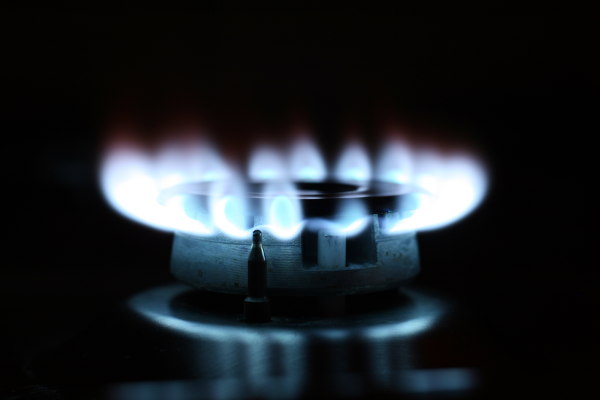Every landlord should take a good care of his property and make sure that the tenants, who live there, have everything they need. Also, a very important part of the landlord’s job description is to take a good care of the safety of the property and everyone in it. If the landlord doesn’t fulfil his responsibilities thoroughly, there’s a great risk for the tenants and everyone nearby. One of the biggest threads to a property is the gas equipment, if there is any. This is why every landlord should know what is needed to be done, in order to keep the rental units and the tenants safe from the eventual dangers. These landlord’s guidelines to gas safety should be able to simply explain all the landlord’s responsibilities, when it comes to the gas regulations. Let’s take a look. 
Maintenance
Like I said in the beginning, it’s the landlord’s duty to maintain the building and everything in it, so there won’t be any possible dangers for the occupants. The same rule applies for the gas safety. The landlord has to make sure that all the equipment in the property is working properly and that there are no cracks or leaks anywhere in the system. So, all the pipework and all the gas appliances should be regularly serviced and checked for any irregularities. The appliances, which work with gas, should be services and maintained in a way, described by the manufacturer. If there aren’t any instructions available, the landlord should contact a specialist and ask for navigation. The landlord should be very careful while performing his duty, because the gas can be a curse as much as it’s a blessing.
Checks
According to the law, every landlord should conduct yearly check ups of the gas instalments and get his annual gas safety certificate. This way he’ll have proof that everything in the property works correctly, and that there’s no danger for the potential and present tenants. The gas certificates are mandatory and are required by the law for a few years now. A landlord that doesn’t have this certificate could end up paying a big fee, and this is the least that could happen in this situation. The gas certificate has to be issued by specialists, which are authorised and trained to deal with gas equipment.
Records
Every landlord should keep thorough records of every gas safety check, which was conducted in the property, and every potential and past problem, that has or may occur. These records should be kept by the landlord for at least two years. A copy of these records should also be given to the present tenants up to 28 days after the check up. Every new tenant should get his copy on the day of the moving in. This way everyone involved will be completely aware of the condition of the property and the gas appliances in it.
Instructions
It’s understandable that every landlord knows how to operate with the gas equipment in his property. But there is a big chance that the tenants, who occupy his building, have no idea how to do it. This is why every landlord, who is concerned with the gas safety, should provide his tenants with some kind of instructions, where it’s explained how to work with the appliances and which are the potential dangers they should avoid. This way the risk will be limited to minimum and the landlord can sleep better, knowing that everyone is informed.
The gas safety is very important for every landlord and property owner. But maintaining it and making sure your tenants follow the rules, is quite difficult. This is why many landlords could make use from this article about making your own landlord rule book. Having rules and guidelines can be lifesaving for every landlord.




